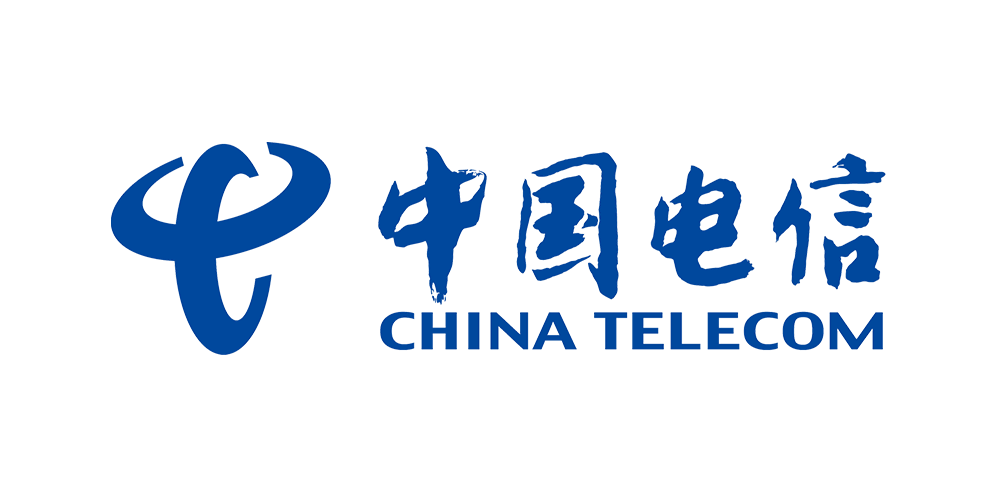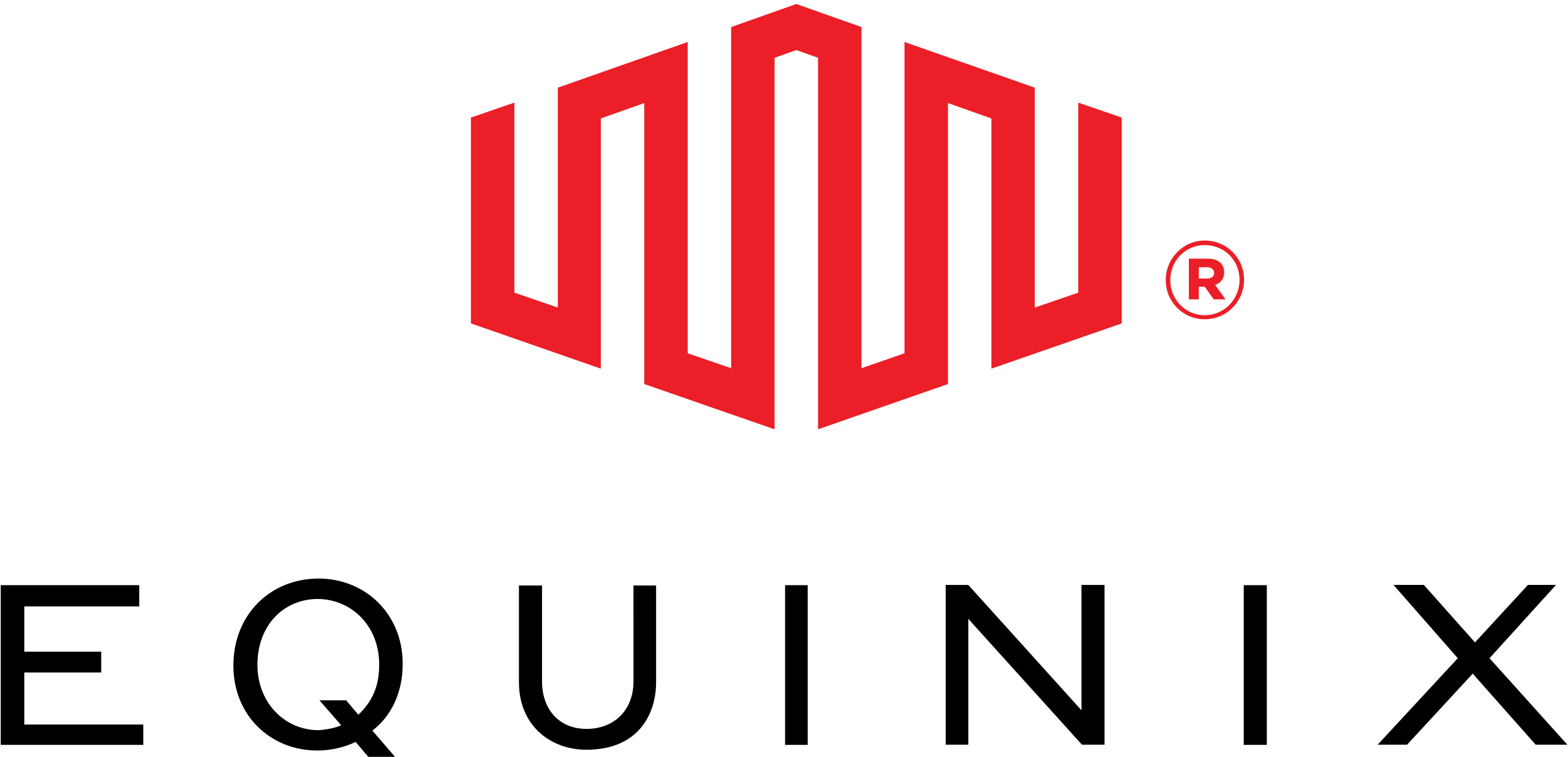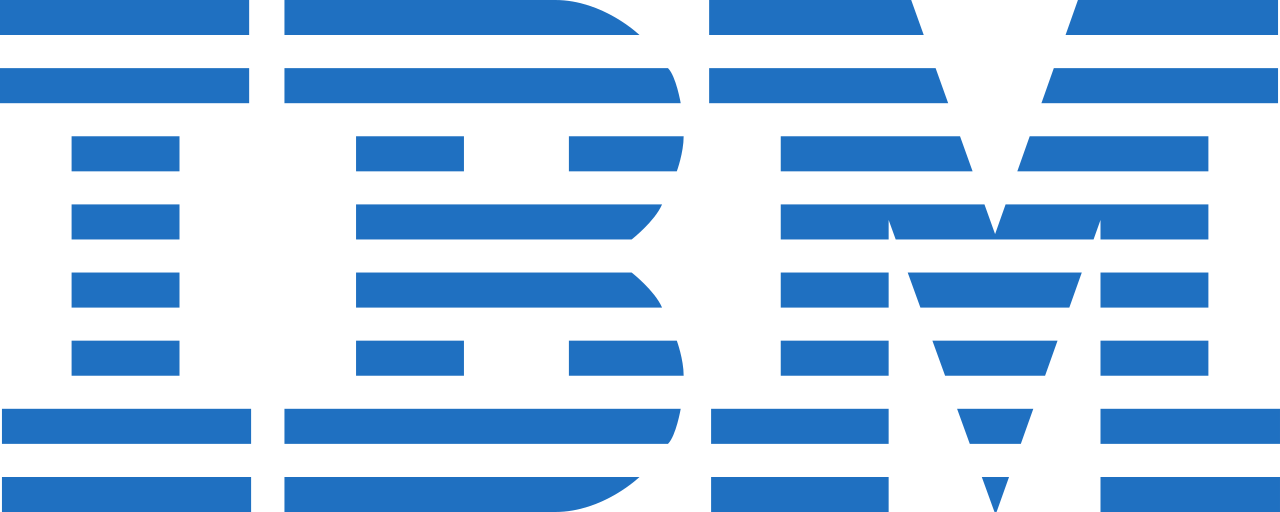Inzai Data Centers Locations (113)
















































































About Inzai, Japan Data Centers Market
Browse Data Centers in Inzai
Japan, known as a technological powerhouse, is witnessing a significant surge in the data center market. With advancements in technology and the increasing demand for digital services, businesses are recognizing the importance of establishing a robust presence in this thriving market.
Continue reading to explore the current state of the data center market in Japan, what sets it apart, and why it presents a unique opportunity for businesses. We will also review how Datacenters.com can assist businesses in securing their space in this market.
Rapid Growth and Projected Outlook
According to market forecasts, the data center market in Japan is poised for impressive growth. Statista projects that the market will experience a compound annual growth rate (CAGR) of 6.75% between 2023 and 2028, resulting in a market volume of USD 23.93 billion by 2028. Other reports suggest similar growth patterns, with estimates ranging between 5.93% to 12.10% CAGR during the forecast period.
Uniqueness of the Japanese Data Center Market
Several factors contribute to the uniqueness of the data center market in Japan:
Technological Advancements
Japan has a long-standing reputation for being at the forefront of technological innovations. From robotics and artificial intelligence to electronics and automotive advancements, Japan has consistently pushed boundaries and set global standards in various fields. This emphasis on cutting-edge technology extends to the data center industry as well.
Japanese data centers are equipped with state-of-the-art infrastructure, including advanced cooling systems that ensure optimal temperature control and energy efficiency. These facilities also boast high-speed connectivity, allowing businesses to transmit and process data at lightning-fast speeds.
The focus on technological advancements in the Japanese data center industry translates into tangible benefits for businesses operating in the country. With reliable and robust infrastructure, businesses can experience enhanced performance and reliability for their critical data and applications. The advanced cooling systems used in Japanese data centers not only help maintain ideal operating conditions but also contribute to reducing energy consumption, aligning with sustainability goals.
Additionally, the high-speed connectivity offered by Japanese data centers enables businesses to efficiently handle large volumes of data, facilitating seamless operations and enabling real-time data processing and analysis.
By leveraging Japan's technological prowess in the data center industry, businesses can position themselves for success in an increasingly digital world. The state-of-the-art infrastructure, advanced cooling systems, and high-speed connectivity offered by Japanese data centers ensure that businesses can operate with confidence and efficiency, meeting the demands of today's data-driven landscape.
Whether it's storing and processing massive amounts of data or ensuring uninterrupted access to critical applications, the technological innovations in Japanese data centers provide businesses with the tools they need to thrive in the digital age.
Focus on Resilience and Disaster Preparedness
Japan's geographical location makes it prone to natural disasters such as earthquakes, typhoons, and tsunamis. This susceptibility has driven the data center industry in Japan to prioritize resilience and disaster preparedness.
Data center facilities in Japan are built with robust infrastructure designed to withstand seismic activities and other environmental hazards. The use of seismic isolation systems, which absorb and dissipate vibrations, helps protect critical equipment and ensure uninterrupted operations during earthquakes.
In addition to structural measures, data centers in Japan also have redundant power supply systems to mitigate the impact of power outages caused by natural disasters. These facilities often have multiple power sources, including backup generators and uninterruptible power supply (UPS) systems, to ensure continuous operation even in the event of a power failure. Redundancy extends to network connectivity as well, with multiple carriers and diverse fiber routes in place to minimize the risk of connectivity disruptions.
Comprehensive disaster recovery plans are integral to the data center facilities in Japan. These plans outline protocols and procedures to be followed in the event of a natural disaster, including backup and restoration processes for critical data. Data centers in Japan often offer off-site backup and replication services, ensuring that data is securely stored in geographically separate locations.
This redundancy and comprehensive disaster recovery planning allow businesses to have peace of mind, knowing that their critical data is protected even in the face of natural disasters.
Hybrid Cloud Adoption
Japanese businesses have recognized the benefits of embracing hybrid cloud solutions, which combine on-premises infrastructure with public and private clouds. This approach provides organizations with the flexibility to choose the most appropriate deployment model for their specific workloads, whether it's keeping sensitive data on-premises or leveraging the scalability and cost-effectiveness of the public cloud.
By utilizing a hybrid cloud architecture, businesses can optimize their IT resources, scaling up or down as needed, and seamlessly integrating their on-premises infrastructure with cloud-based services.
One of the key advantages of hybrid cloud solutions is enhanced data security. Japanese businesses understand the importance of protecting their sensitive information and complying with strict data privacy regulations. By leveraging a hybrid cloud approach, organizations can keep their critical data on-premises while leveraging the added security measures provided by reputable cloud service providers. This combination ensures a robust and secure environment for sensitive data, mitigating the risks associated with a single cloud solution or relying solely on on-premises infrastructure.
Furthermore, adopting hybrid cloud technology enables Japanese businesses to improve operational efficiency. The scalability offered by the cloud allows organizations to quickly adapt to changing business needs, scaling resources up or down as required. This agility eliminates the need for overprovisioning on-premises infrastructure and allows businesses to optimize costs.
Additionally, the ability to seamlessly integrate on-premises systems with cloud services streamlines operations, enabling efficient data exchange and collaboration across different environments. Overall, the adoption of hybrid cloud solutions has become a strategic advantage for Japanese businesses, allowing them to stay agile, secure, and competitive in today's digital landscape.
GLOBAL
Top 10
Colocation Providers









